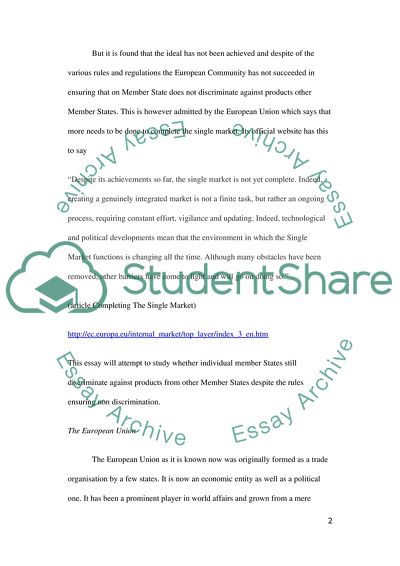Cite this document
(Free Movement of Goods within the European Union Research Paper, n.d.)
Free Movement of Goods within the European Union Research Paper. Retrieved from https://studentshare.org/law/1736245-law
Free Movement of Goods within the European Union Research Paper. Retrieved from https://studentshare.org/law/1736245-law
(Free Movement of Goods Within the European Union Research Paper)
Free Movement of Goods Within the European Union Research Paper. https://studentshare.org/law/1736245-law.
Free Movement of Goods Within the European Union Research Paper. https://studentshare.org/law/1736245-law.
“Free Movement of Goods Within the European Union Research Paper”, n.d. https://studentshare.org/law/1736245-law.


